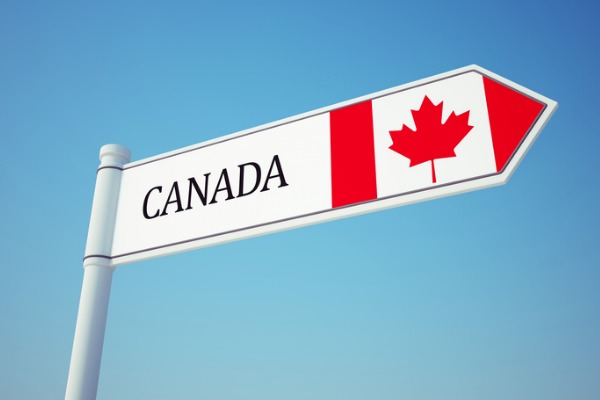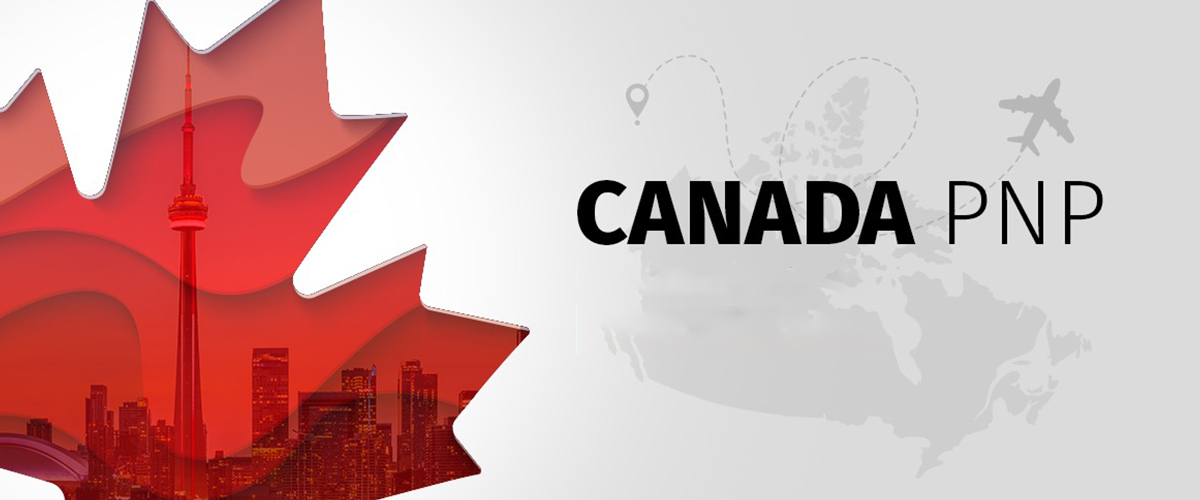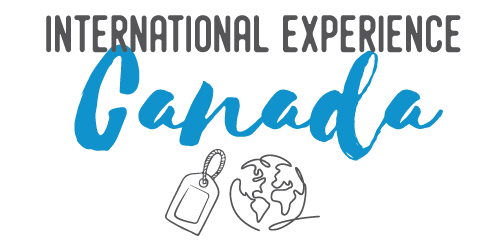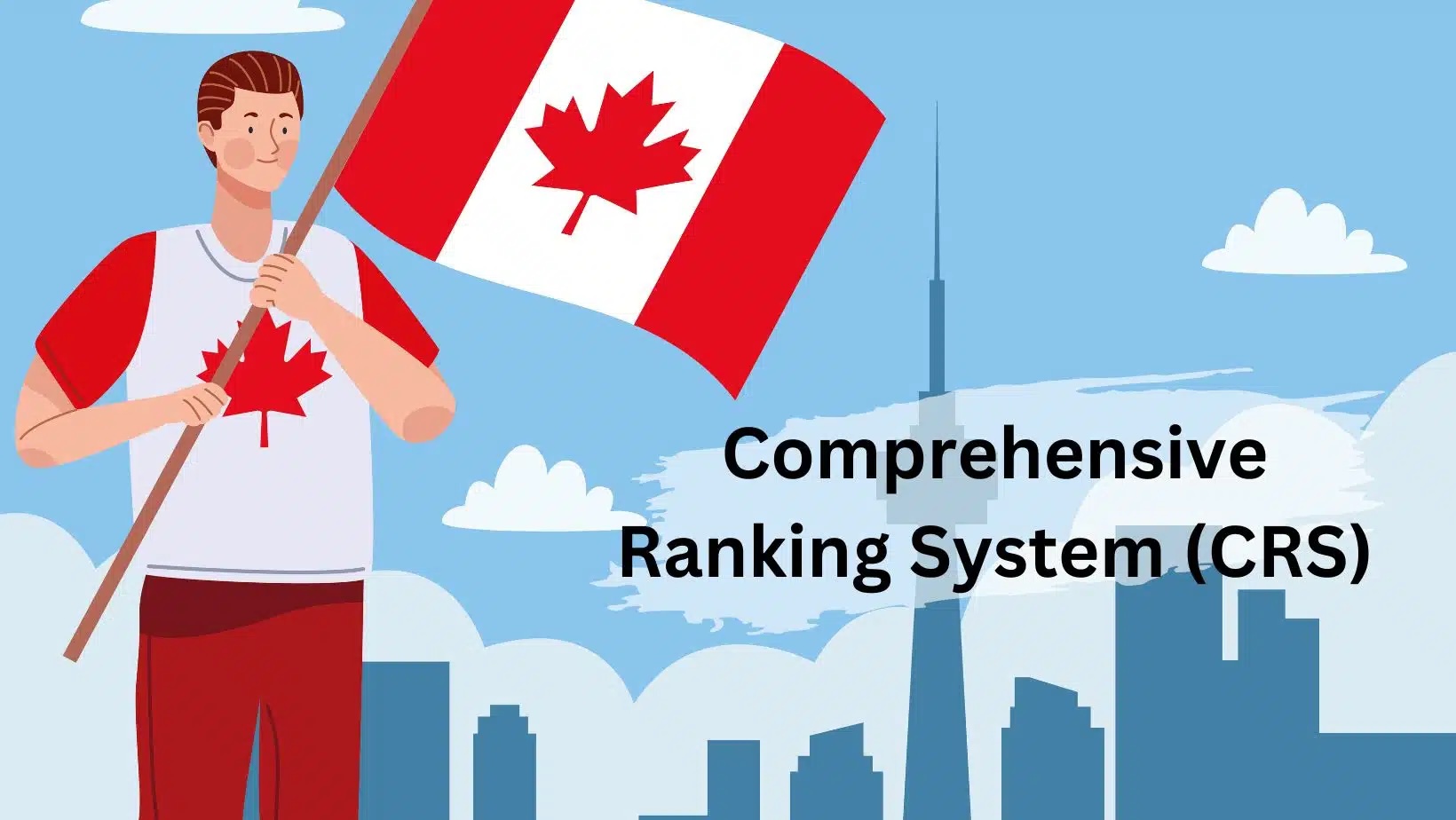Canada Announces Termination of the Flagpoling Procedure
The Canadian government has announced the termination of “flagpoling”, a unique procedure that allowed temporary residents to receive same-day immigration services. In his televised address on December 17, Immigration Minister Marc Miller emphasized that flagpoling will soon be a thing of the past, with future applicants required to use online systems to extend their work permits, study permits, or other temporary residency statuses.
As of December 23, 11:59 pm, the ban on flagpoling is now in effect.
What is “Flagpoling”?
Flagpoling refers to the process whereby applicants in Canada leave the country and immediately re-enter through a border crossing to receive expedited processing for immigration services. This legal method has been widely utilized by newcomers and temporary residents to bypass the waiting times associated with online applications. However, the procedure has faced restrictions in recent years. In May, Canadian and U.S. border authorities introduced the first measures to limit flagpoling, including reduced service hours at 12 border crossings. Subsequently, in June, Miller announced the discontinuation of flagpoling for Post-Graduation Work Permit (PGWP) applicants, citing the heavy workload for border officers and delays in the transport of goods.
Data indicates that PGWP applicants accounted for approximately 20% of all flagpolers in the past year. Additionally, Canada’s immigration system has accumulated significant backlogs throughout 2024, with many applicants waiting months for processing. According to IRCC, a backlog refers to applications exceeding published service standards, with IRCC aiming to process 80% of applications within those timelines.
Impacts and Considerations of the Policy Change
Miller stated that ending flagpoling is part of broader immigration system reforms to reduce the workload at border crossings, allowing officers to focus on other critical tasks. He emphasized that “closing loopholes” will further strengthen the integrity of the immigration system while encouraging applicants to use more transparent and traceable online channels. This change is expected to significantly affect a large number of temporary residents, particularly those who rely on flagpoling for quick status extensions.
While the exact implementation date remains unclear, Miller confirmed that the government plans to roll out the changes as soon as possible. Regarding application backlogs, Miller did not provide additional details but noted that IRCC is working to address the issue by improving processes.
Outlook
The Canadian government’s decision to end flagpoling reflects its commitment to strengthening border security and optimizing immigration management. However, the move will also force many applicants to rethink their application strategies and may further test the capacity of IRCC’s online systems. For many temporary residents, longer waiting times could become a new challenge.
Amid tightening immigration policies, finding the balance between efficient services and robust border security will remain a key issue for Canada’s immigration management in the future.









